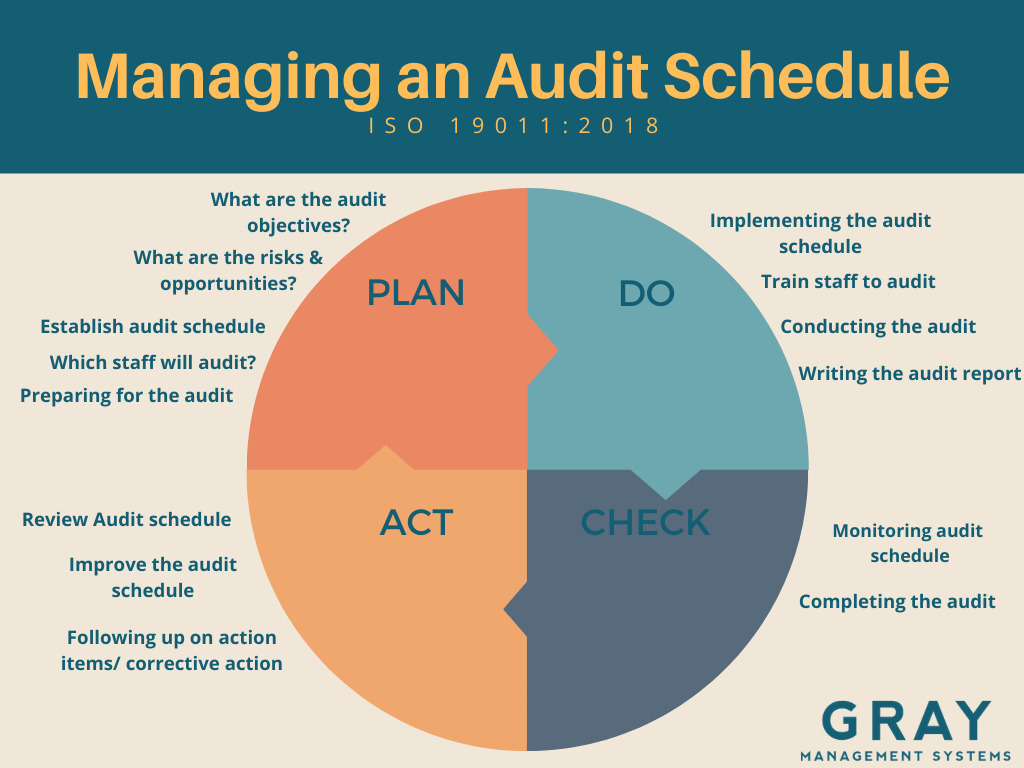If you are a business who currently conducts internal audits or are thinking of implementing an internal audit program, the International Standard ISO19011:2018 is a great guide.
What is ISO?
ISO is a worldwide federation of national standards bodies which publishes numerous international standards relating to business activities. For a standard to be released, agreement of over 75% of 160 participating nations is required.
The most popular standard is the ISO 9001 Quality Management Systems, and for many, certification to this standard is a license to be in business. One of the mandatory requirements of ISO 9001 is that the business must conduct internal audits at planned intervals.
So how would a business go about adopting and conducting internal audits?
Internal Auditing- Best Practice
ISO 19011:2018 provides guidelines on internal auditing best practice. This guide, adopts a broad approach to internal auditing. All ISO management system standards have a common structure, identical core requirements and common terminology.
If followed, the guidelines will assist auditors to assess the requirements of:
- management system standard/s
- policies and procedures of a business or interested parties
- statutory and regulatory requirements
- specific outputs of management systems such as project plans
The guideline adopts a Plan Do Check Act approach in managing an audit program/schedule.

This basic Plan Do Check Act process flow is a great way to ensure that the audit schedule is monitored and measured on an ongoing basis. This ensures compliance but importantly, it seeks to meet the objectives of a business, whilst identifying opportunities for improvement. The key to the success of this process is to be consistent in the conduct of internal audits.
Who can Conduct an Internal Audit?
Our students come from a wide variety of sectors and their experience varies greatly. The best thing about internal auditing is that anyone in your business can get involved. We believe that the more staff that are involved in the internal audit process the better. The workload of compliance then becomes a shared responsibility. It is a requirement that you cannot audit your own work. This allows auditors to find out about their colleagues work processes, which in turn builds a team based culture and improves communication across the business.
The success of any audit or compliance program is directly proportional to the level of management commitment and their ability to communicate.
If you would like to know more about auditing, come along to our 2 day Management Systems Auditing training course. This course is based upon the AS/NZS/ISO 19011 ‘Guidelines for Auditing Management Systems’ and will leave you with a clear understanding of how to conduct internal audits. Contact Us to learn more or register here.

